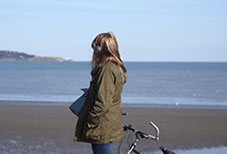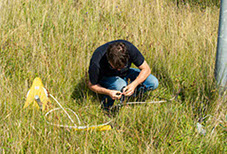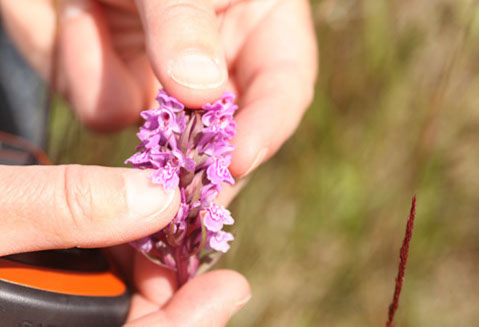

Sensing Ecologies can be downloaded from Apple or Google Play Stores
Sensing Ecologies was created by artist Fiona McDonald as part of An Urgent Enquiry residency commission for Bull Island 2019. An Urgent Enquiry is funded under the Arts Council’s Invitation to Collaboration Scheme, 2018 and 2019, Dublin City Council,
Wexford County Council and Fingal County Council.
Acoustic Biosensors/Big data
Samuel RP-J Ross, Acoustic Ecologist,
The Donohue Lab, School of Natural Sciences, Trinity College, Dublin.
Songbirds Bull Island
Fionn O'Marcaigh, Behavioural and Evolutionary Ecologist , Zoology Department, Trinity College, Dublin.
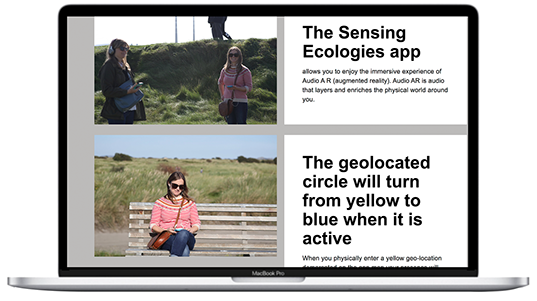
Visit: fionamcdonald.digital
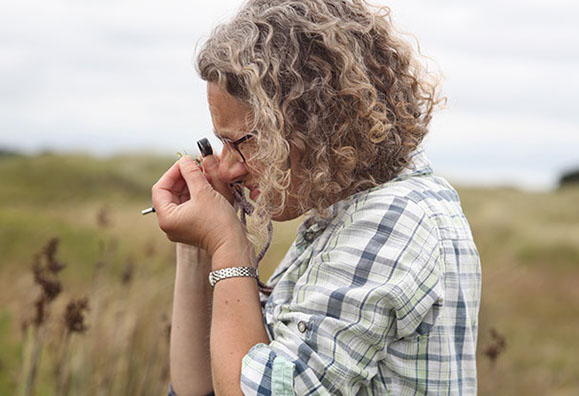
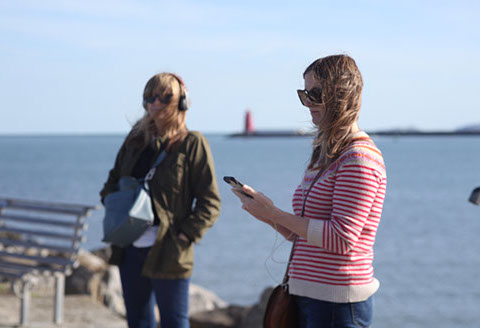
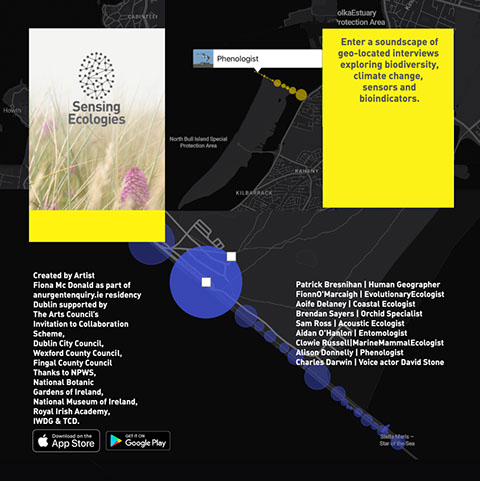
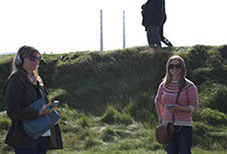
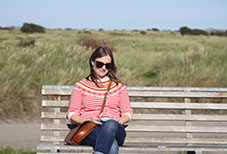
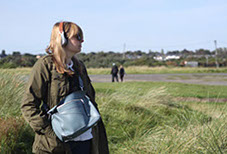
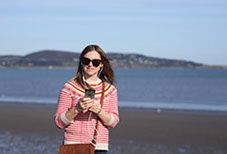
.jpg?crc=136571673)
